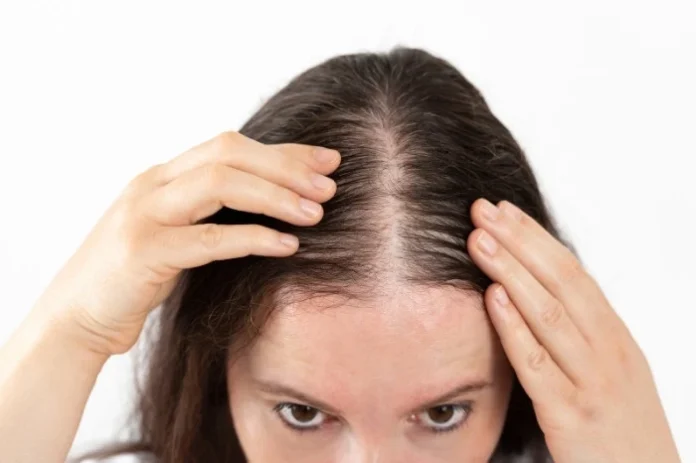Hair loss is a growing concern in men around the globe; therefore, a wide number of treatments have been marketed by companies as a solution to this problem. From age-old herbal treatments to the latest in medicine, there has been a tremendous shift from what was considered acceptable to what is even conceptual and sought in hair restoration, and the plethora of choices makes it all the more baffling. Elucidating the key points regarding the differences between natural and pharmaceutical treatments could assist you in making sound choices in your hair rejuvenation process.
Male pattern baldness as an issue has been addressed with numerous solutions in traditional as well as modern-day medicine. While pharmaceutical products are present where their efficacy has been tested, the health industry is aggressively allowing the use of plant extracts, vitamins, and alterations to lifestyle. Each treatment has unique benefits and drawbacks that should be considered.
The Science Behind Pharmaceutical Solutions
Modern hair loss products such as minoxidil and finasteride are the outcome of several years of focused clinical research and FDA approval in the case of USA. These drugs focus on men’s peculiar type of hair loss and seek to address the hormone shrinkage follicle known as Dihydrotestosterone or DHT. Clinical data shows that prophylactic use of finasteride is helpful in almost 90% of men with measurable results after its use.
Medicinal hair growth products work through mechanisms that are relatively well understood. Finasteride acts as an inhibitor of the enzyme that converts testosterone into DHT, while minoxidil helps by increasing the blood flow to hair follicles and extending the phase of hair growth. This type of therapy is why we are able to obtain satisfactory results, along with measurements that can all be documented and replicated via clinical tests.
Natural Approaches and Their Potential
Natural hair growth products encompass a vast array of supplements, topical treatments, and lifestyle modifications. Popular options include saw palmetto, pumpkin seed oil, biotin, and various essential oils. Proponents argue that these treatments work with your body’s natural processes without the potential side effects associated with prescription medications.
Some natural ingredients show promising preliminary research. Saw palmetto may inhibit DHT production through mechanisms similar to finasteride, though with less potency. Rosemary oil has demonstrated hair growth benefits in small studies, potentially rivaling minoxidil’s effectiveness. However, most natural hair growth products lack the extensive clinical validation that characterizes pharmaceutical options.
The appeal of natural treatments extends beyond potential efficacy. Many men prefer approaches that feel more holistic and align with their personal health philosophies. Natural products often cost less than prescription medications and can be obtained without medical consultations.
Combining Approaches for Optimal Results
Smart hair restoration strategies often incorporate elements from both natural and pharmaceutical worlds. Many men successfully use prescription medications as their primary treatment while supplementing with vitamins, scalp massage, and dietary improvements that support overall hair health.
This integrative approach recognizes that hair loss involves multiple factors beyond just DHT sensitivity. Stress, nutrition, sleep quality, and circulation all influence hair growth, making comprehensive hair growth products strategies more effective than single-intervention approaches.
Making Your Decision
Choosing between natural and pharmaceutical hair growth products depends on your individual circumstances, preferences, and hair loss severity. Early-stage hair loss might respond well to natural interventions, while advanced balding typically requires pharmaceutical intervention for meaningful results.
Also Read: Short Hair Trends
Conclusion
Both natural and pharmaceutical hair growth products offer legitimate benefits for men experiencing hair loss. The most successful treatment plans often combine scientifically proven medications with supportive natural approaches, creating comprehensive strategies that address multiple aspects of hair health while maximizing your chances of achieving meaningful results.





